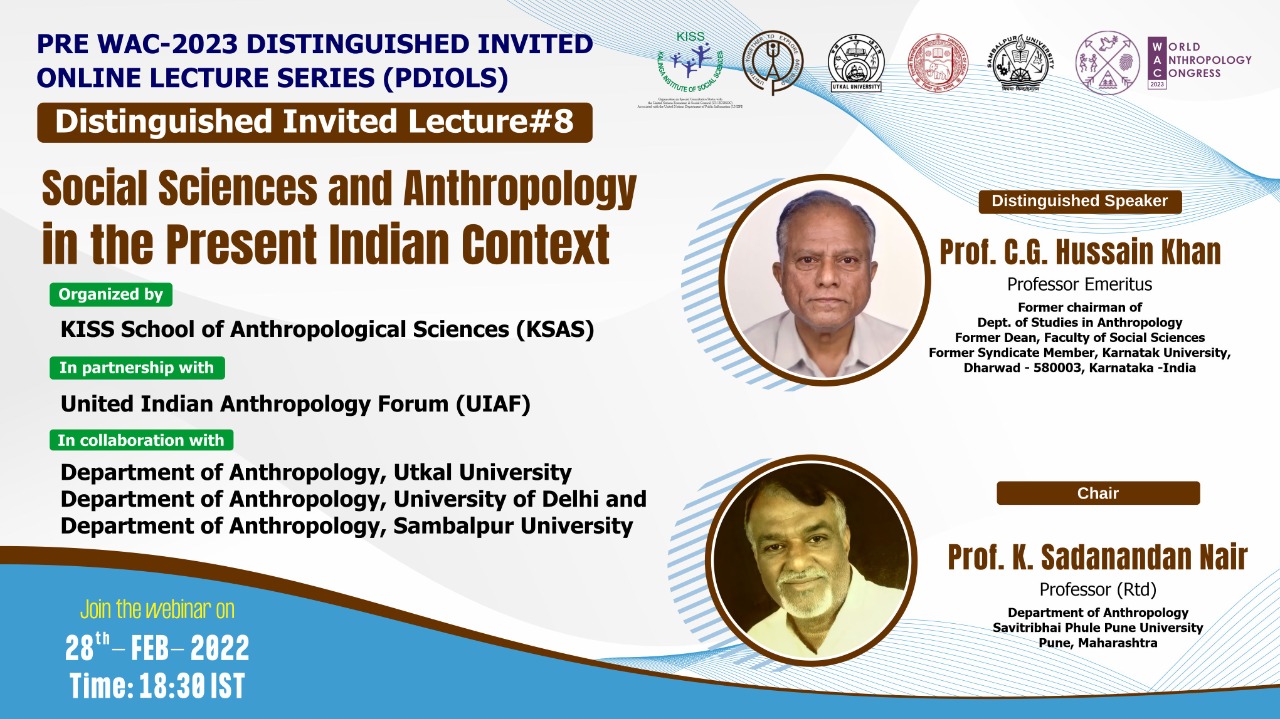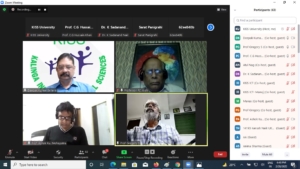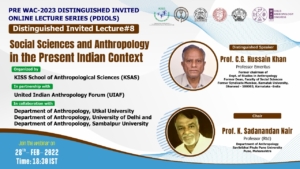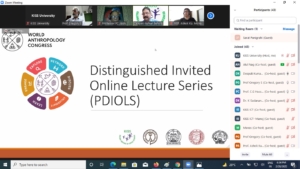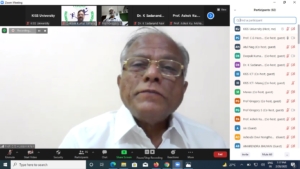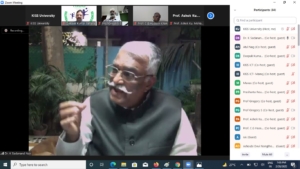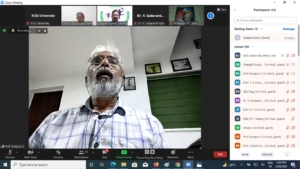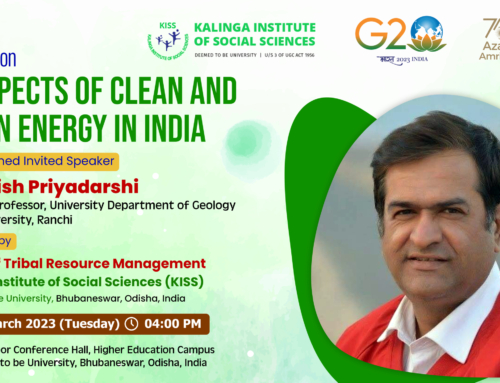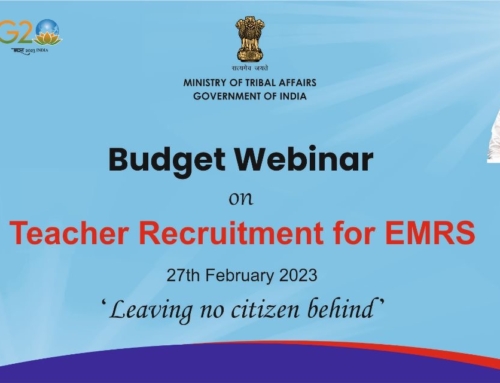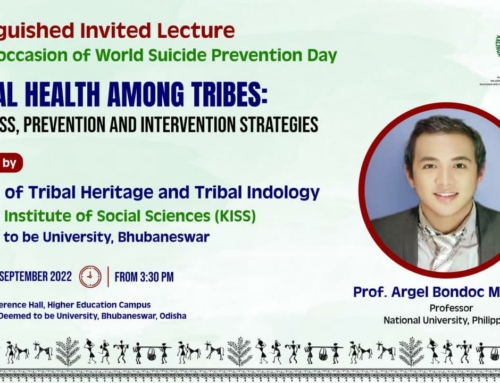Pre WAC-2023 Distinguished Invited Online Lecture Series at KISS-DU
Professor C. G. Hussain Khan Speaks on “Social Sciences and Anthropology in the present Indian Context”
The Distinguished Online Lecture # 8 of the Pre-WAC Distinguished Invited Online Lecture Series (PDIOLS) was held on 28th February, 2022 on the topic: ‘Social Sciences and Anthropology in the Present Indian Context’.
Chairing the session, Professor K. Sadanandan Nair, Professor (Retd.), Department of Anthropology, Savitribai Phule University, Pune made some pertinent remarks on the crisis of the discipline of Anthropology in India which is large because this discipline is being practised from a parochial perspective and is disconnected from other disciplines. A holistic approach to understanding the conditions of human existence ought to inspire scholars of anthropology. Accordingly, the methodology of research should be integrative, and interdisciplinary in its orientation; it should eschew the dull, poor quality of empiricism. Applied Anthropology is essential in the Indian context, and it should receive due to emphasis in academia, Professor Nair stated.
In his talk, Professor C. G. Hussain Khan, Professor Emeritus, Former Chairman of Dept. of Studies in Anthropology, Former Dean, Faculty of Social Sciences, Former Syndicate Member, Karnatak University mostly focused on the flipside of Anthropology as practised in India. There is an urban-centric bias in anthropological studies in India, while the agrarian living conditions of humans are out of the radar of the researchers. Moreover, the western-centric perspective also dominates Indian anthropological studies. While micro-level research is the need of the hour, macro-level research is preponderant in India. The dynamics of Indian society are better understood at the micro-level. Macro-level research can only supplement micro-level research with its broader perspectives. “We are yet to build a comprehensive database of our rural communities at the micro-level, as a consequence of which many anthropological studies are inaccurate. Our social diversities are mind-boggling as the different castes, instead of being monolithic, lend to great diversity”, Professor Khan stated. Brahmins as a caste are never homogeneous. The Namboodris of Kerala, Saraswats of Poone and Kashmiri Pandits have more differences among them than shared features. The cultural relativism of Franz Boas, the “attached detachment” of Malinowski, and the intensive fieldwork of David Livingstone should be the guiding principles to develop proper ethnography, he stated.
Kinship and livelihood patterns are core to traditional Indian life. While studying these we have to adopt very nuanced qualitative methods. Quantitative methods can defeat the purpose of the study if applied mechanically. One more danger Anthropology faces in India is the dilution of its core principles and faiths by allowing other disciplines to dominate it. Interdisciplinary research per se is desirable, but uncritical borrowing of inter-disciplinary models from the west is undesirable. The top-down approach too is counterproductive, Professor Khan said. He ended his talk with a reference to the works of Roy Rappaport and talked about his methodology in the field of Ecological Anthropology.
Earlier, Professor Deepak Kumar Behera, Vice-Chancellor, KISS-DU, delivered the welcome address and thanked Professor K. Sadanandan Nair and Professor C. G. Hussain Khan for delivering the Distinguished Online Lecture # 8 of the Pre-WAC Distinguished Invited Online Lecture Series (PDIOLS). Professor Gregory S, Member Secretary, UIAF, spoke about the ensuing World Congress-2023, which KISS-DU will organize in partnership with the Departments of Anthropology of the University of Delhi, Utkal University and Sambalpur University. Dr Sushree Sangita Mohanty, Assistant Professor, KISS-DU proposed a vote of thanks.

